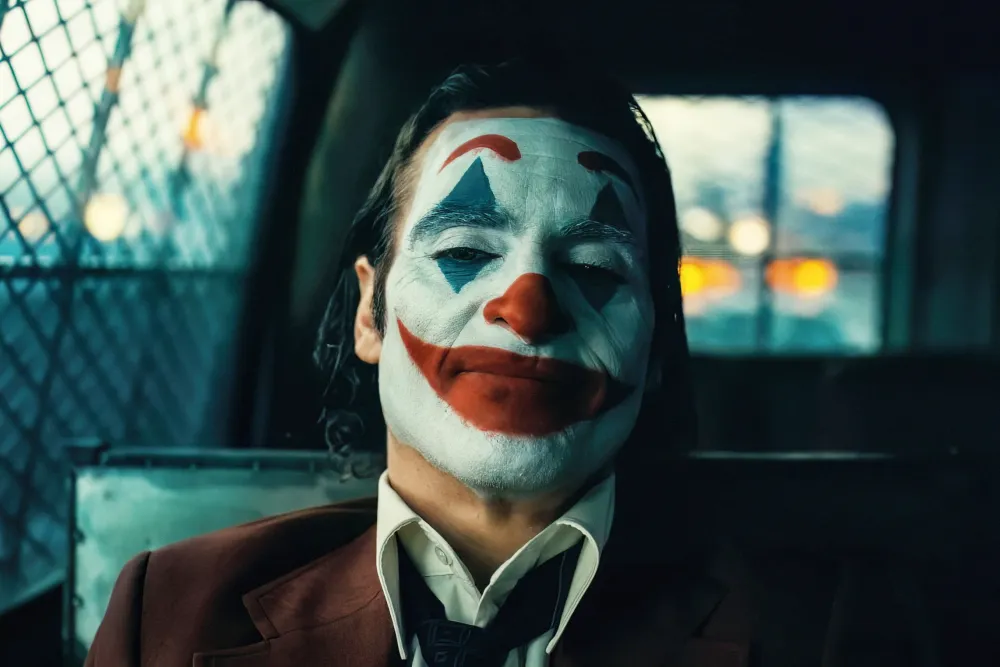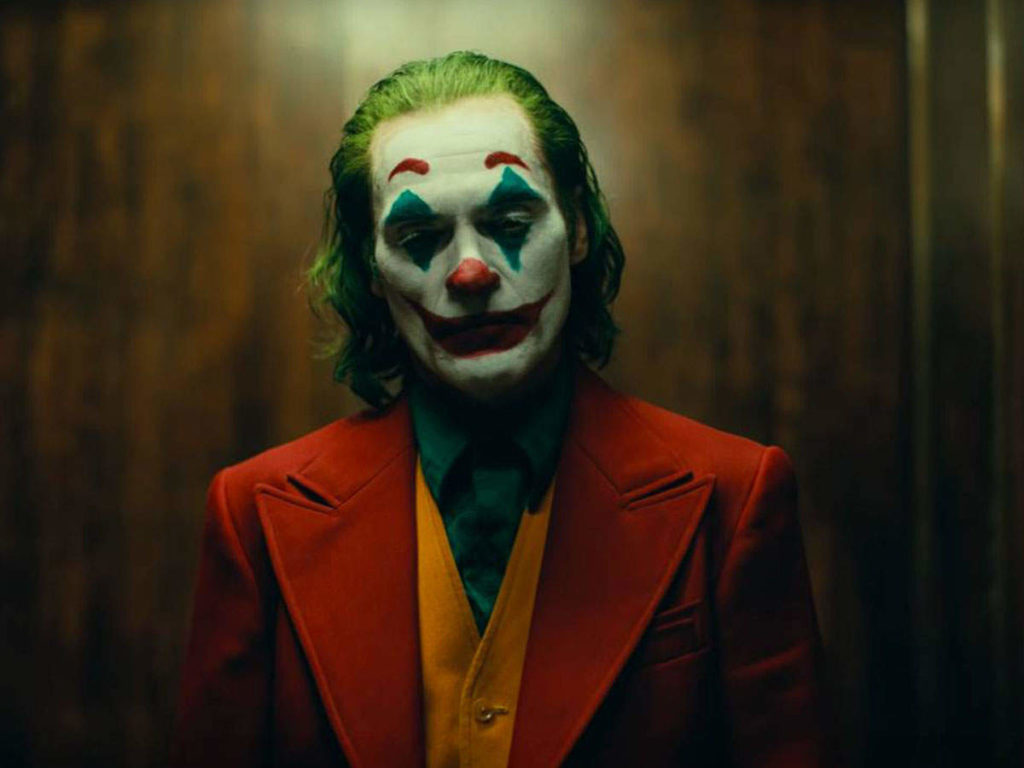Joker, Folie à Deux: The Smile of the Century

For all its flaws, and it has plenty, Joker: Folie à Deux doesn’t commit the sin of lazily recycling the beats of its predecessor. The first Joker, which Todd Phillips directed to multiple Oscars and a massive box-office haul (not to mention an attendant and insufferable discourse), was a piece of faux provocation; it pretended to have interesting ideas, but it really just wallowed in its self-made sea of anger and unpleasantness. It would have been easy—and, if the opening-weekend receipts are anything to go by, commercially advisable—for Phillips to just run that material back, treating/subjecting viewers to another crude fantasy of toxic resentment and violent retribution. Instead, he and co-writer Scott Silver have radically reversed course, delivering a strange and off-kilter movie that’s part courtroom drama, part jukebox musical, and part twisted romance. (The subtitle refers to a shared delusion.) The incel goons who loved the first one must be livid.
For my part, I am less furious than frustrated. Conceptually speaking, Joker 2 is something of a coup, melding genres and skimming comic-book lore in the service of a fairly original and gratifyingly odd vision. So why is the whole thing such a wan and boring affair? Here is a movie where the hero fantasizes about hosting a late-night variety show with his beloved who threatens to shoot him on stage, then later dresses up as a clown before making his closing argument to a jury. That’s weird! Yet while the production should crackle with offbeat energy, Phillips’ execution is so lackluster that the whole enterprise comes off as limp and half-hearted. Read More

